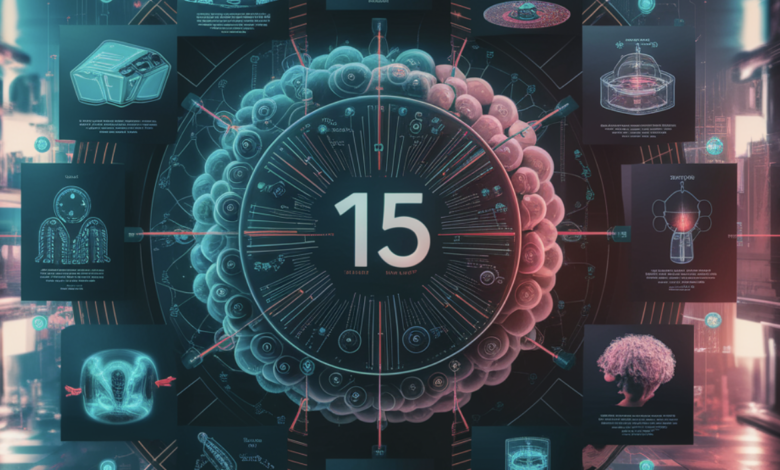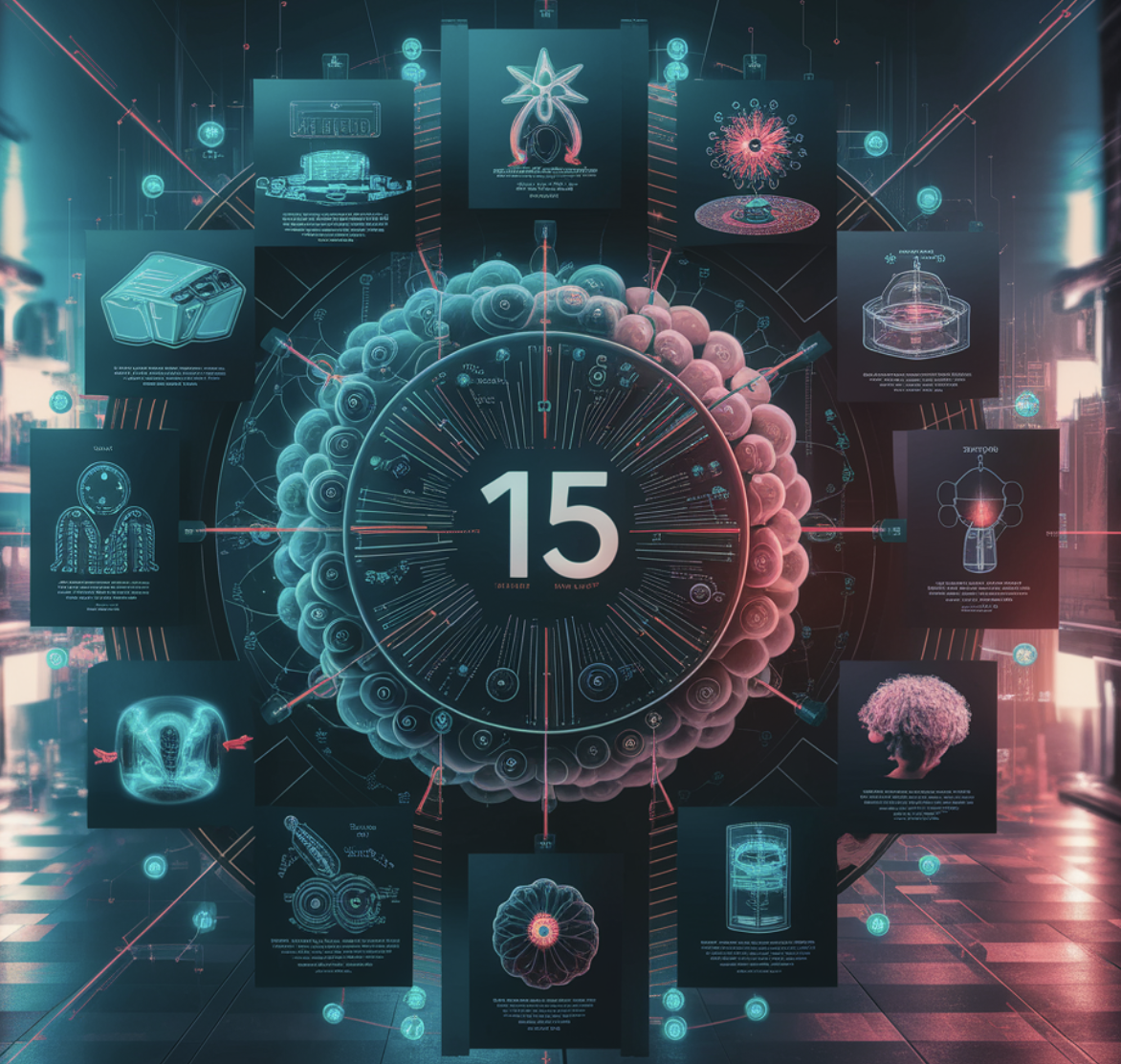AI
Top 15 Innovations at Intersection of Biotechnology and Artificial Intelligence AI in 2024

Here are the top 15 innovations at the intersection of Biotechnology and Artificial Intelligence AI in 2024:
- Artificial Intelligence in Drug Discovery: AI continues revolutionizing drug discovery by automating processes and analyzing vast datasets to identify potential drug candidates more efficiently. AI algorithms can screen biomarkers, analyze phenotypes, and predict drug interactions, significantly reducing the time and cost of bringing new drugs to market.
- CRISPR and Gene Editing: CRISPR technology is advancing rapidly, with significant applications in treating genetic disorders. Clinical trials using CRISPR for sickle cell disease and beta-thalassemia have shown promising results. The technology also enhances cancer therapies by genetically modifying immune cells to target tumors more effectively.
- RNA-Based Therapies: RNA technologies, including mRNA vaccines and therapies, have become more sophisticated. These advancements are crucial for treating various diseases, including cancers and infectious diseases, by leveraging the body’s protein synthesis and regulation mechanisms.
- Personalized Medicine: Personalized medicine tailors treatments based on individual genetic profiles, improving their effectiveness and safety. This approach is beneficial in oncology, where specific genetic mutations can guide the choice of targeted treatments.
- Bioprinting and Tissue Engineering: Innovations in bioprinting and tissue engineering are creating new possibilities for regenerative medicine. These technologies allow the creation of artificial organs and tissues, which can be used for transplants, reducing the dependency on donor organs.
- Stem Cell Technology: Stem cell research is advancing, with applications from regenerative medicine to drug testing. New techniques for differentiating and using stem cells are being developed to treat conditions like Parkinson’s and spinal cord injuries.
- Big Data and Bioinformatics: Integrating big data analytics in biotechnology transforms how biological information is processed and utilized. This innovation enables the development of more effective treatments and diagnostics by analyzing complex datasets from genomics, proteomics, and other fields.
- Synthetic Biology: Synthetic biology involves designing and constructing new biological parts and systems. This field is making strides in creating synthetic organisms that can sustainably produce biofuels, pharmaceuticals, and other valuable chemicals.
- Microfluidics: Microfluidics technology manipulates small volumes of fluids in microchannels, and it is being used to develop advanced diagnostic devices and lab-on-a-chip systems. These innovations enable rapid and accurate testing, particularly useful in remote or resource-limited settings.
- Precision Oncology: Advances in precision oncology are allowing for more targeted cancer treatments. By understanding the genetic makeup of one-to-one tumors, therapies can be designed to specifically attack cancer cells, decreasing side effects and improving outcomes.
- Gene Therapy Advancements: The field of gene therapy is experiencing significant growth, with new cell and gene therapy approvals expected. Innovations in payload and delivery mechanisms are improving the efficacy and safety of these therapies, particularly in treating chronic and terminal diseases. The focus is precision gene editing, novel nucleases, and guiding RNA design algorithms to enhance treatment outcomes.
- Biotechnology in Agriculture: Advances in genetically modified crops and biotechnology for sustainable agriculture are critical for enhancing food security. These innovations help develop crops with higher yields, pest resistance, and adaptability to climate change, reducing the need for chemical pesticides and preserving biodiversity.
- Nanobiotechnology: This field is making medical strides, particularly in drug delivery and diagnostics. Nanoparticles enable precise targeting and controlled release of drugs, improving therapeutic efficacy and minimizing side effects. Additionally, nanotechnology is used in environmental applications to detect and remove pollutants, enhancing water and air quality.
- AI for Protein Folding: AI-driven advancements in understanding protein folding are transforming drug discovery. AI models like AlphaFold are being utilized to predict protein structures with high accuracy, accelerating the development of new drugs and therapies for various diseases.
- Cellarity’s Approach to Drug Discovery: Cellarity is leveraging AI to understand and rectify cellular dysfunction, offering a holistic view of disease biology. This innovative method allows the discovery of unique drug candidates across various diseases by analyzing single-cell transcriptomes. Their partnerships and substantial funding highlight the promise of their approach to transforming drug discovery.
Sources:
- https://www.labiotech.eu
- https://www.startus-insights.com
- https://www.bio-itworld.com
- https://ispe.org/news/trends-will-shape-biotech-industry-2024
- https://blog.emb.global
- https://www.technologyreview.com




